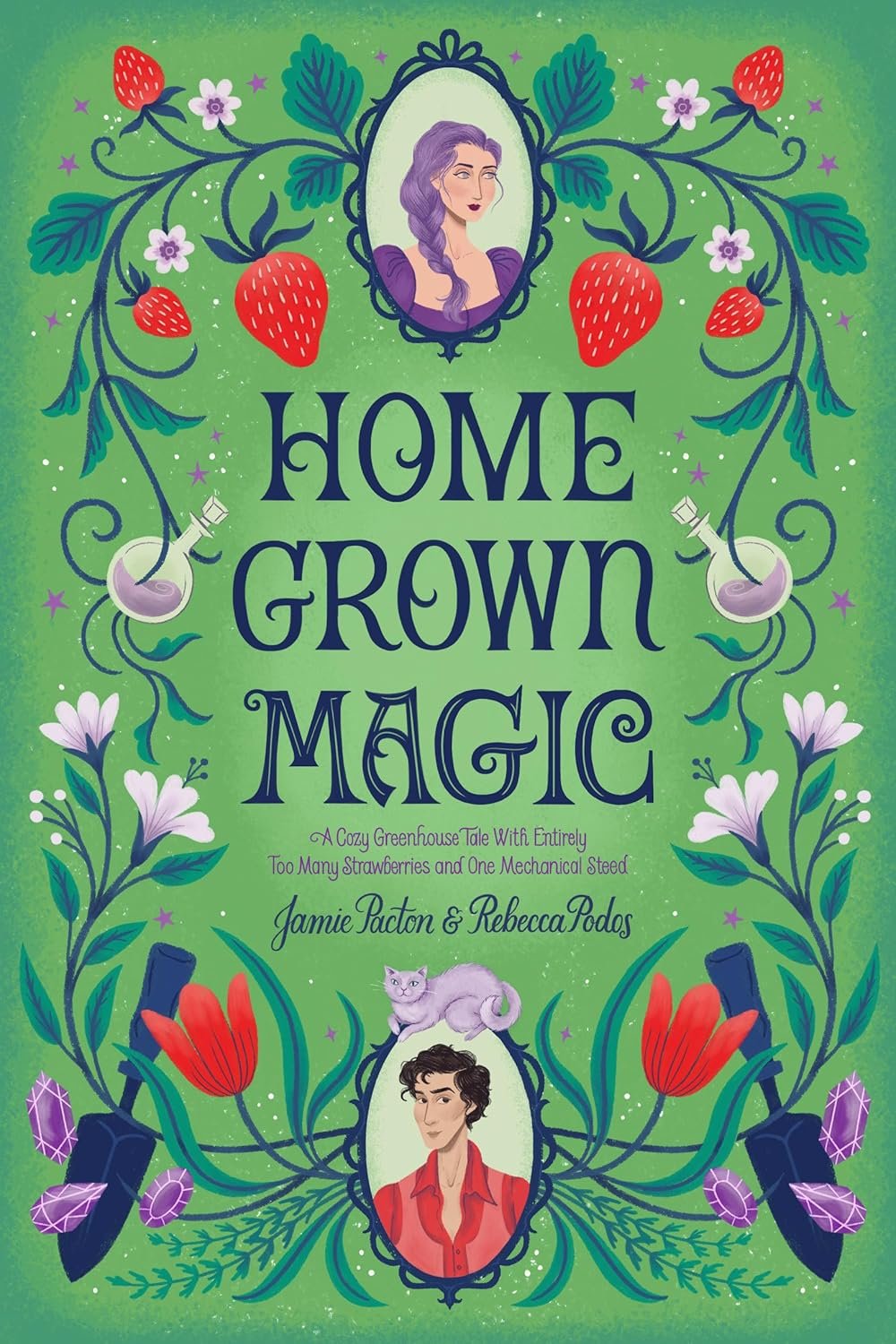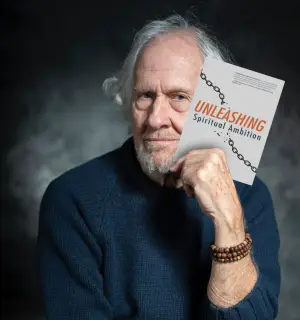Homegrown Magic: A Cozy Fantasy That Left Me Yearning for More
When I first stumbled upon Homegrown Magic by Pacton & Podos, I felt a flutter of hope. As someone who carries a deep yearning for cozy fantasies that transport me into a world akin to Ghibli films or the delightful simplicity of Stardew Valley, I was eager for a tale that could ignite those same feelings. However, like a half-remembered dream, this book didn’t fully capture my heart—and thus began my tumultuous journey through its pages.
At the heart of the story are two protagonists: Yael, who bravely escapes an emotionally imprisoning family, and Margot, who faces an uphill battle to concoct a potion that could save her village from dire straits. Initially, their characters feel relatable and engaging; Yael’s representation as a non-binary character stands out as an enriching detail. The stakes feel high, and the setup promises an emotional rollercoaster. But shortly after, I found myself grappling with familiar frustrations.
Margot, despite her circumstances, seemed to be the architect of her own difficulties. My empathy strained as she neglected to communicate with key characters like Sage or Yael, prioritizing her own unproductive angst instead. This was, frankly, infuriating. Why not share the burden and strategize together? Instead, I often found myself wishing for a moment of clarity where Margot would step up. Sadly, it felt like the plot was routinely stymied by her stubbornness.
And perhaps it’s a reflection of my expectation for character depth and agency. Margot’s guilt over her parents being in a magical coma is initially riveting, but as it’s unveiled to be a misunderstanding, the stakes dissipate. In contrast, I yearned for a heroine who made a critical error—not one borne from external forces but from her own choices, leading to genuine growth. Mistakes are relatable, and they provide fertile ground for exploration. Instead, Margot’s frustrations showcased a troubling brevity in character development.
The inhabitants of Bloomfield, meant to be a vibrant community, often felt like caricatures, lacking the textures that can make cozy fantasies pop. I wanted to root for this intentional living community, yet they appeared as mere shadows, contributing to a sense of disconnection from the narrative. Coupled with my frustration over Margot’s arc and a potential love interest that felt more like “sequel bait,” I sensed a missed opportunity for richer storytelling.
Yet, there were glimmers of intrigue, particularly with Yael’s warlock patron plotline. This connection hinted at deeper family dynamics and the struggle for identity, but it ultimately lost momentum beneath a layer of contrivance. The narrative’s views on class dynamics also struck me as uneven. While it critiqued capitalism in some ways, it left gaping holes in character development and social consciousness.
On a lighter note, the moments of sensuality in the text, while abundant, felt generic and uninspired. Cozy fantasy thrives on sensory details—the scents of flowers, the texture of home-cooked meals—but Homegrown Magic falls short of evoking that tactile comfort that is so vital to the genre. If I’m not cheering for a romantic connection or savoring the beauty of a world, the pages seem to drudge on without purpose.
As I closed the cover on this ambitious tale, I was left with two stars’ worth of frustration. Homegrown Magic has the bones of a heartwarming narrative but falters on execution. I think it might find a more appreciative audience in readers less preoccupied with character agency and depth. For those on the lookout for light, cozy fantasies, this might scratch the surface of what they seek. But for me, in this quest for true enchantment, I’ll continue searching for that elusive cozy read that nourishes my soul.
Thank you to NetGalley and Del Rey for the ARC in exchange for an honest review; all opinions are my own.
[ad_2]
Discover more about Homegrown Magic on GoodReads >>







